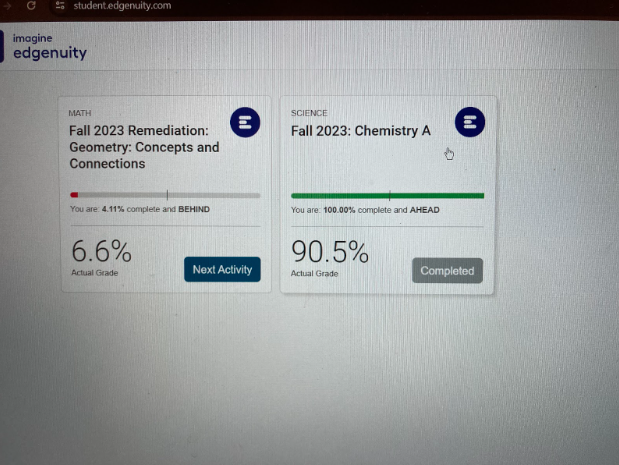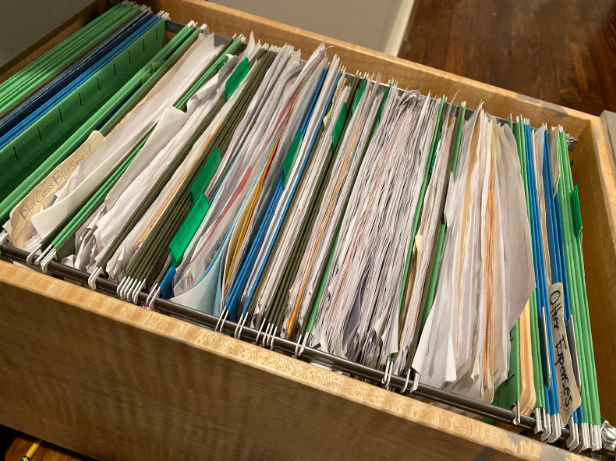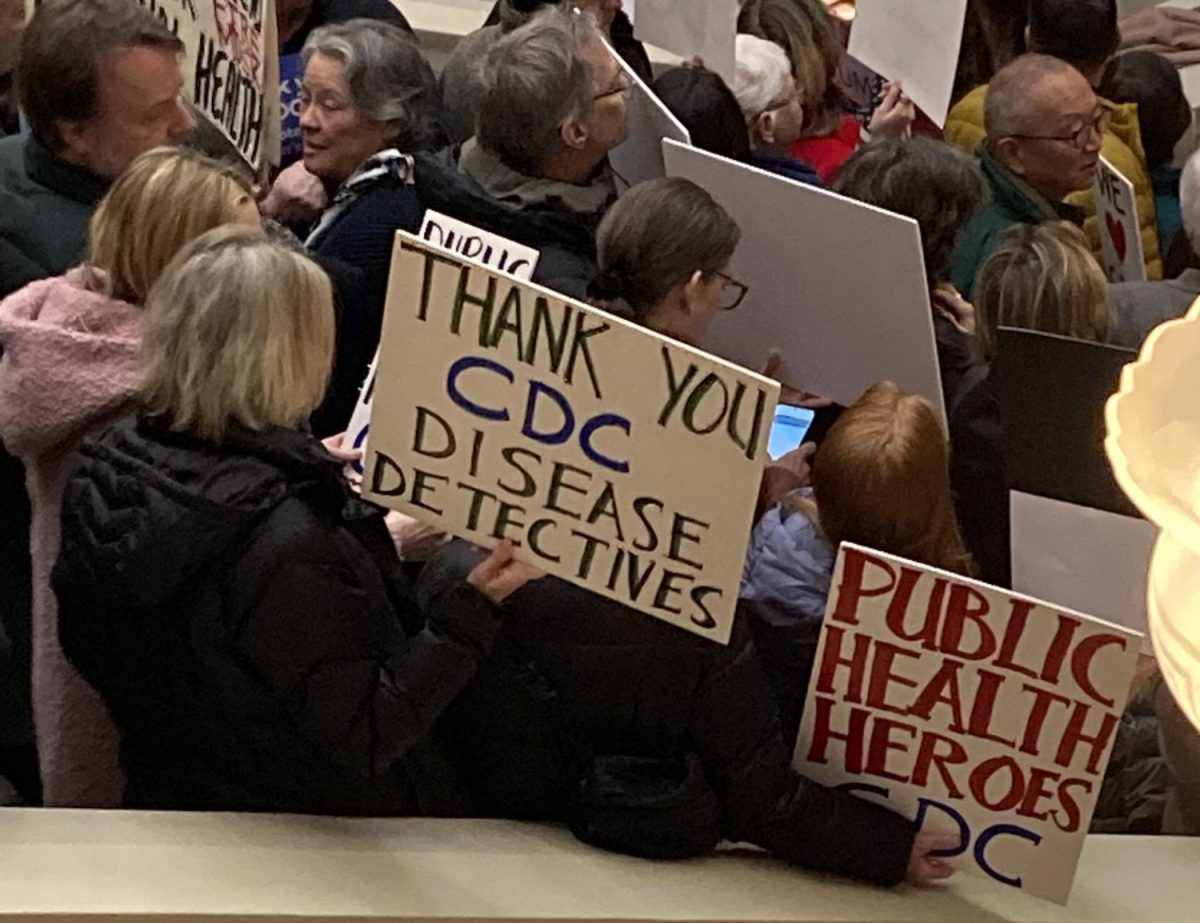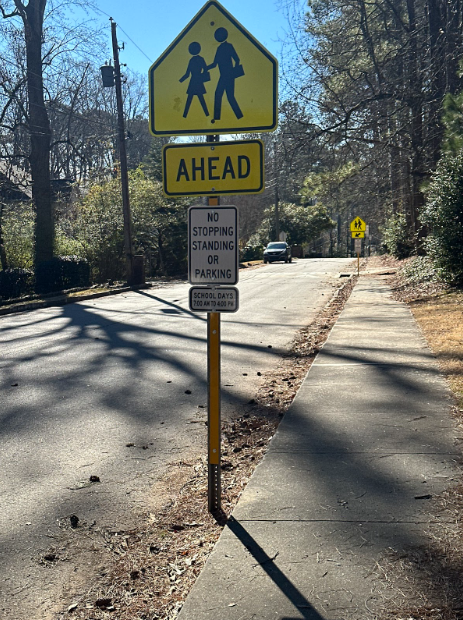Every student knows the feeling of checking their grades. They go to Infinite Campus, hoping their grade in a class is where they want it so that they can get credit for the class, hopefully raise their GPA, and move on. Some students might see that they aren’t performing as well as expected, and some might be even more disappointed as they end up seeing a failing grade and must spend weeks working on recovery to get a passing grade. Many students at Chamblee across all four grade levels have experienced this. Right before Thanksgiving Break, school administrators gathered all students who were failing a class in the auditorium.
“Around 300 students were there when we had our meeting,” said Colin Renaldo, who works with the attendance office and keeps students on track for graduation.
All students who were at the meeting were told what they needed to do to get where they needed to go.
“[Administrators] took us all into the auditorium and told us about what we had to do to get credit for our failing classes,” said an anonymous student.
The most common form of remediation for failing students at Chamblee is called Edgenuity.
“Edgenuity is a platform that allows you to complete your work through an online course. It allows you to work at your own pace and recover credit in failing classes by focusing on the essential standards of the course to ensure you get the credits you need to graduate,” said Renaldo.
This school year, Chamblee has decided to approach remediation differently than it has in previous years so that students won’t be as permanently affected by their failing grades once they complete remediation.
“If [students failing classes] do the remediation during the class, it’s not gonna show up on their transcript because we now do remediation before the semester ends so that we can catch them up before they have to retake a class. It’s not going to affect their GPA like a normal failed class would as long as they actually do the remediation and get their grade on track before grades are finalized,” said Neshae Lumpkin, an ESOL math teacher at Chamblee.
Some students found completing remediation to be less stressful than they thought it would be.
“We’re given a lot of time to do [Edgenuity]. I just did one part a day every day for a week and completed all of the work for my chemistry class. The work isn’t hard, and the environment is supportive,” said the anonymous student.
Even though remediation is intended to bring failing students up to speed, some teachers feel that students still end up being behind after finishing it.
“Completing remediation still affects [the student] because they still miss the lesson in class. And unless they teach themselves how to do everything they missed as well as a teacher would in class, they’re still going to be behind because they missed the original lesson. I’m pretty sure that by the time they’ve completed remediation, they still don’t have the same understanding, so they’re setting themselves back,” said Lumpkin.
In addition to causing students to miss out on valuable in-class lessons, remediation also gives students a more compounded workload.
“Students can get in a deep academic situation if they fail classes because if you’re doing credit recovery courses and still failing the courses you’re currently taking face-to-face, it’s just a repeated cycle. That’s why it’s so important to pass the first time and not put off what you do in class,” said Renaldo.
Two important ways to help ensure passing a class are completing all classwork on time and maintaining good attendance as many failing students have been shown to have attendance issues.
“You have to be [at school] every day on time in order for you to learn and do work,” said Renaldo.
Although Chamblee administrators and teachers work to ensure that everyone walks across the stage after four years of high school, they emphasize that the more important person in a student’s educational journey is the student.
“The goal should always be to pass your classes the first time,” said Renaldo. “When you start slipping, have those conversations with your teachers, and take initiative. Don’t wait until it comes to the point of remediation to then try and improve—try from the start.”

